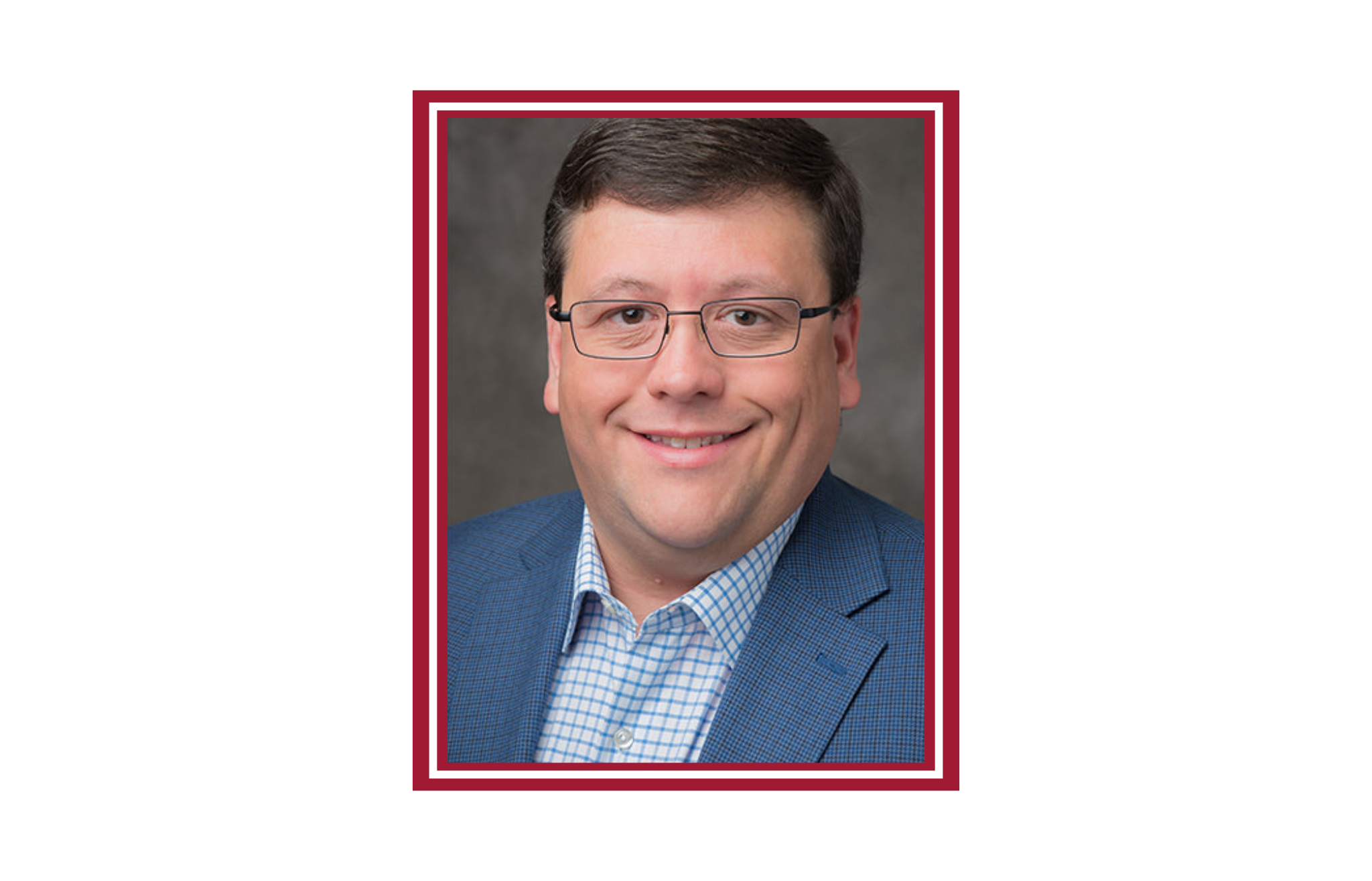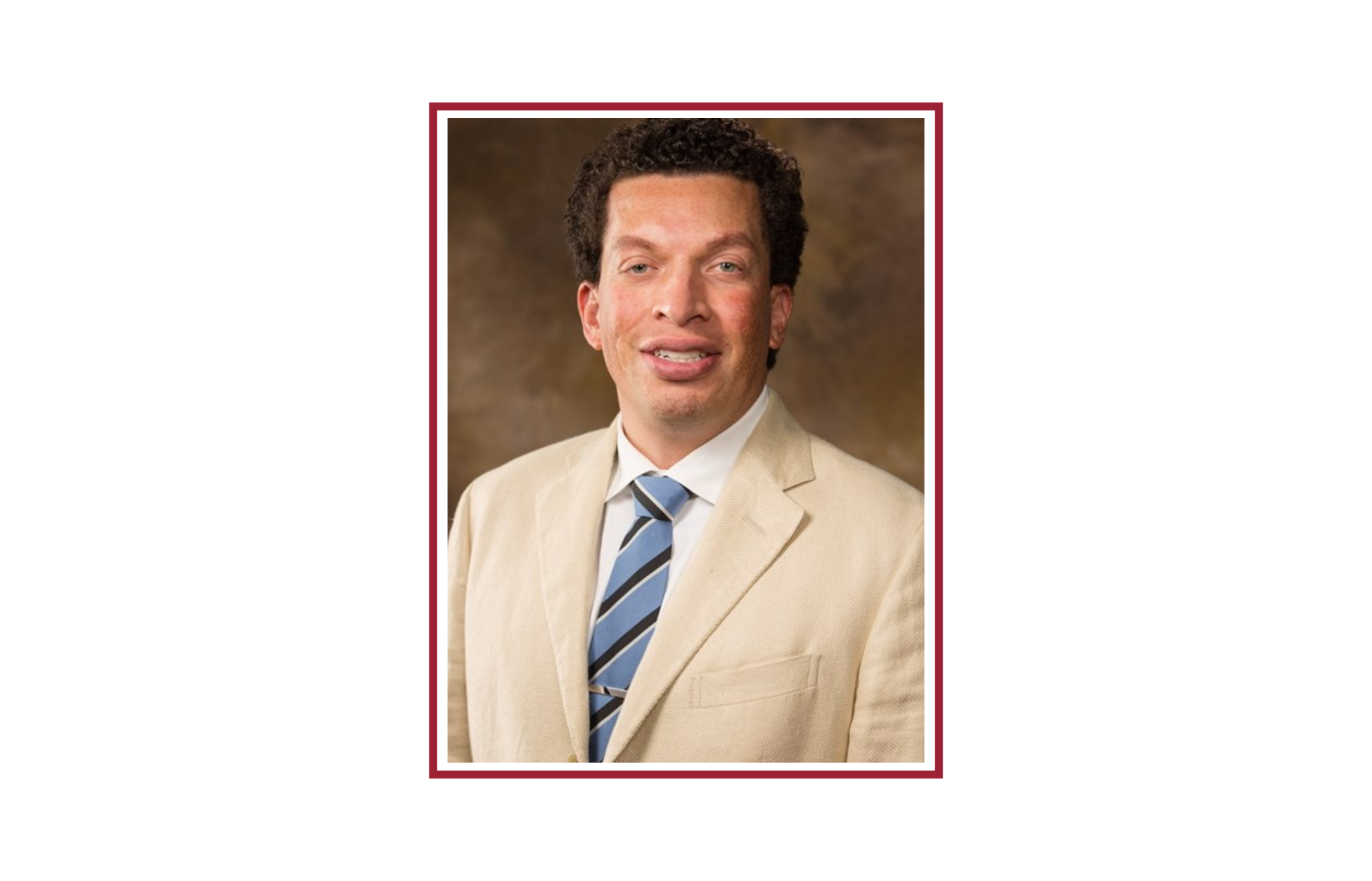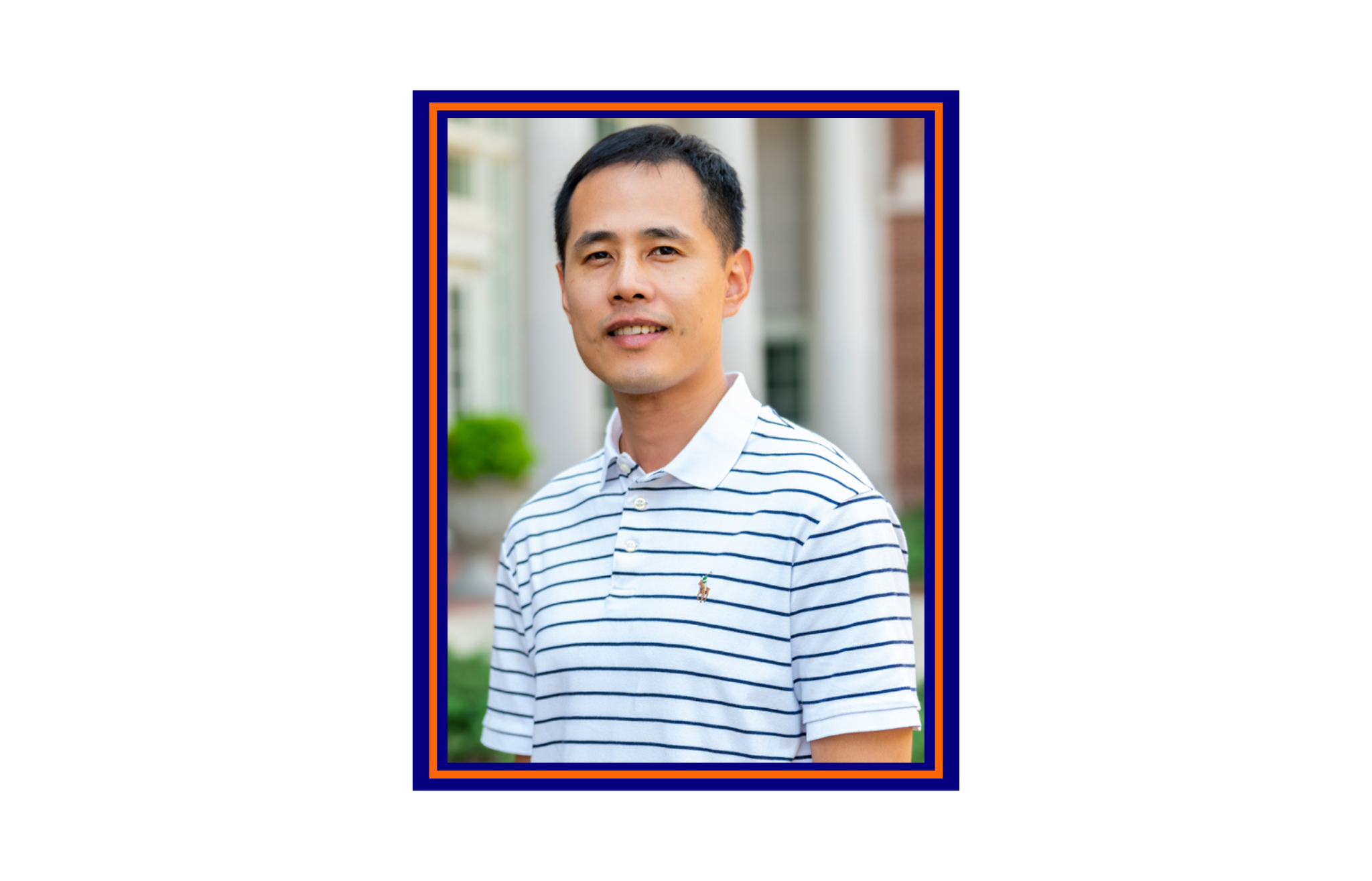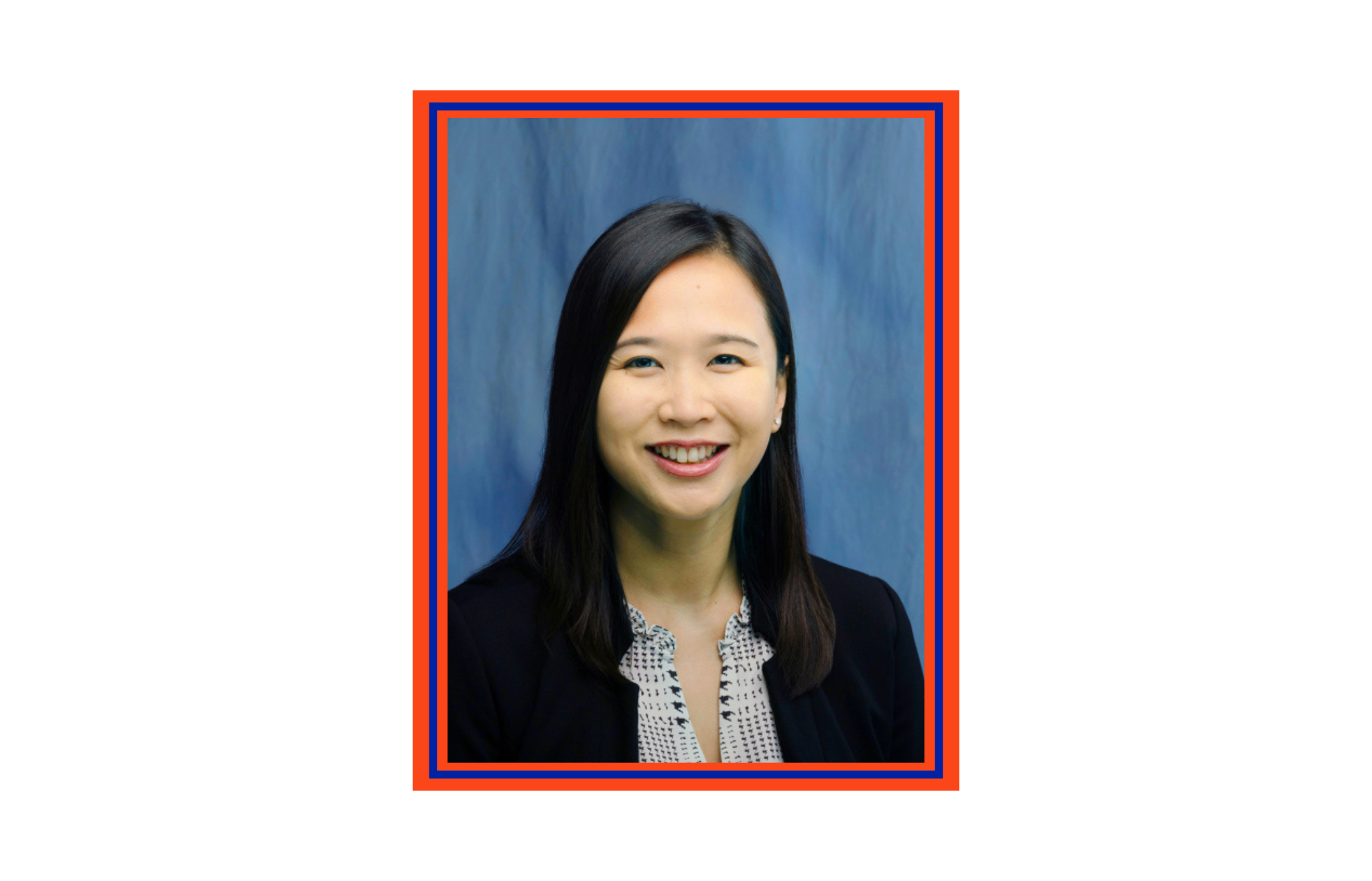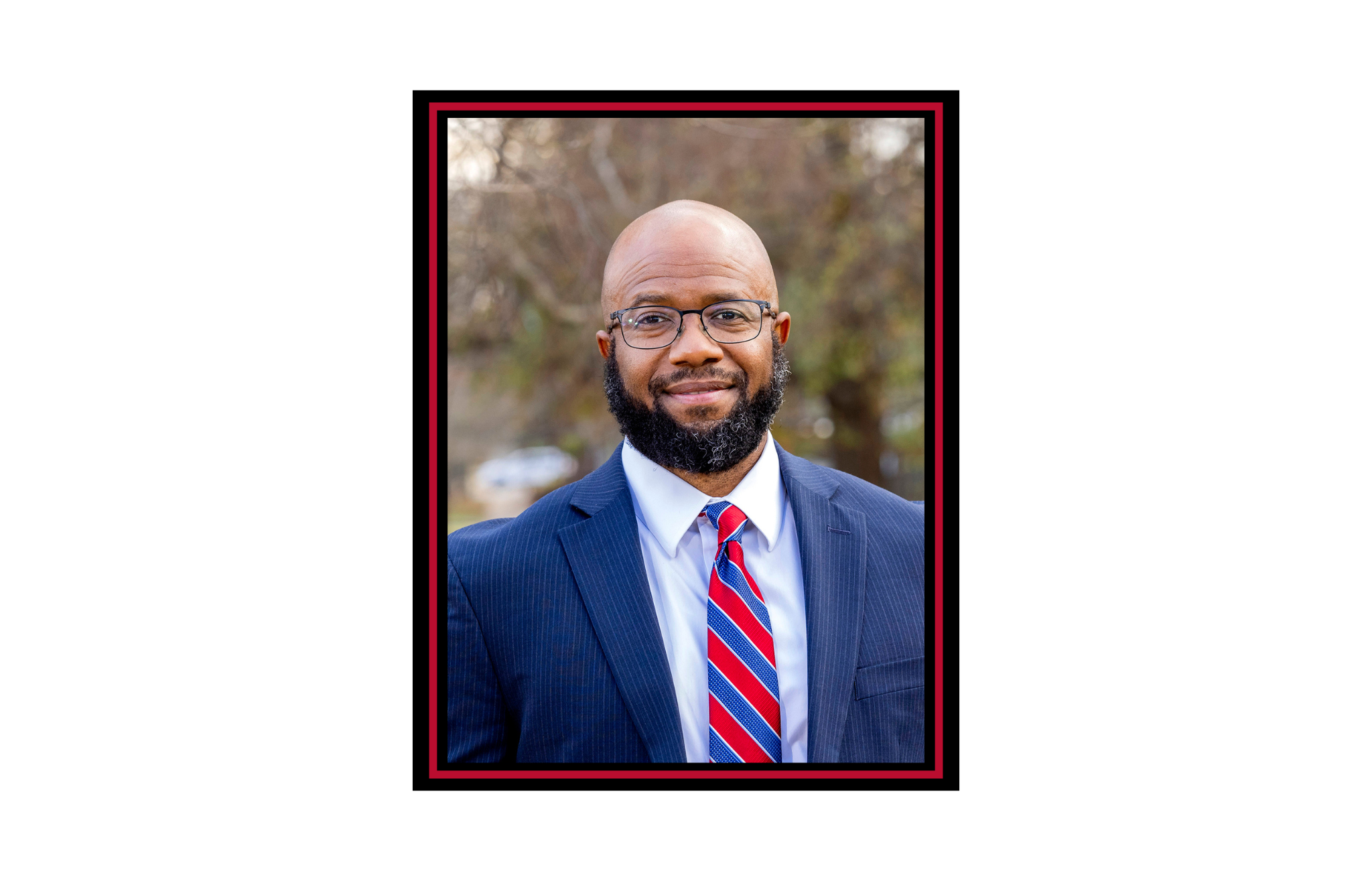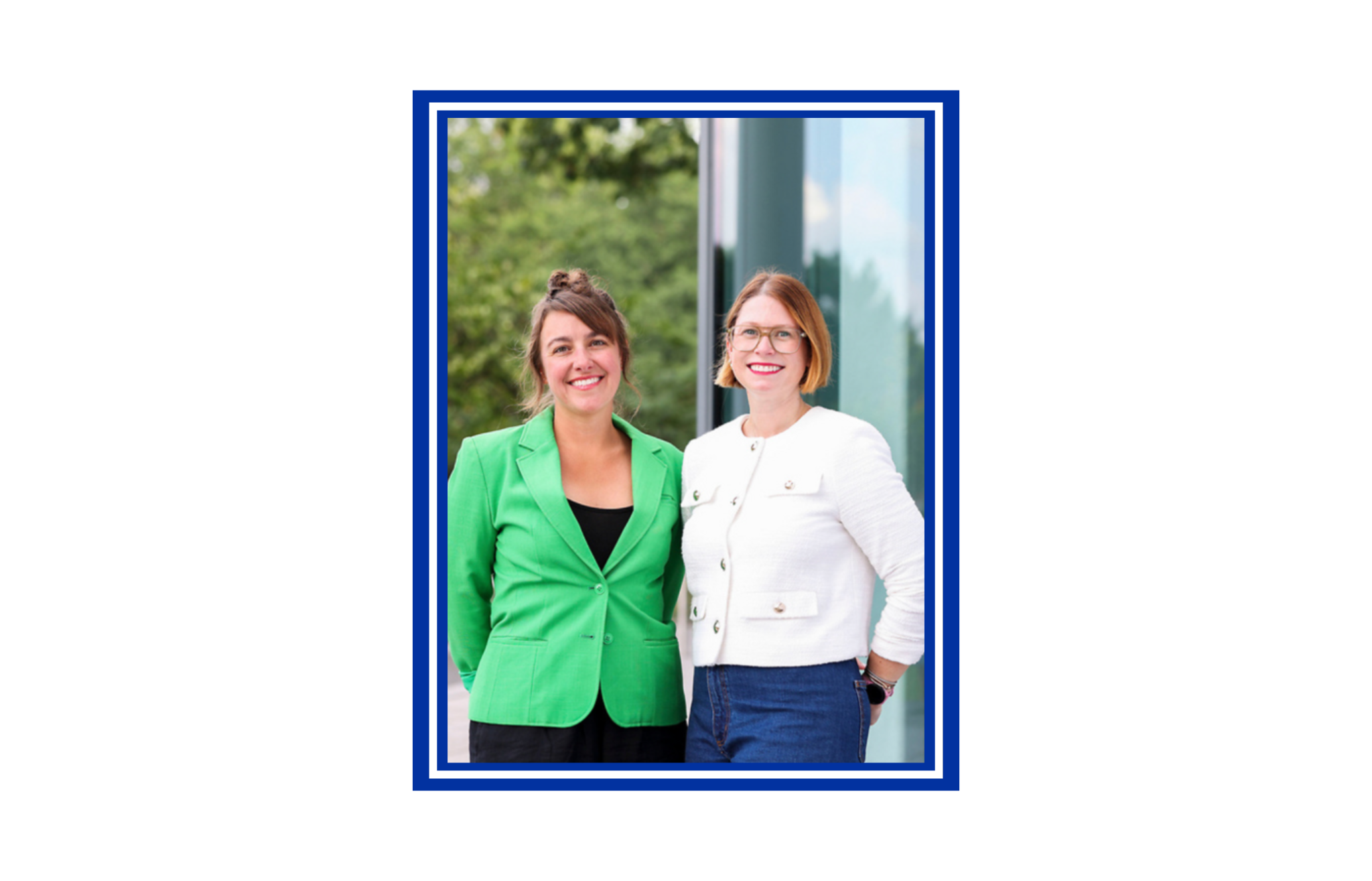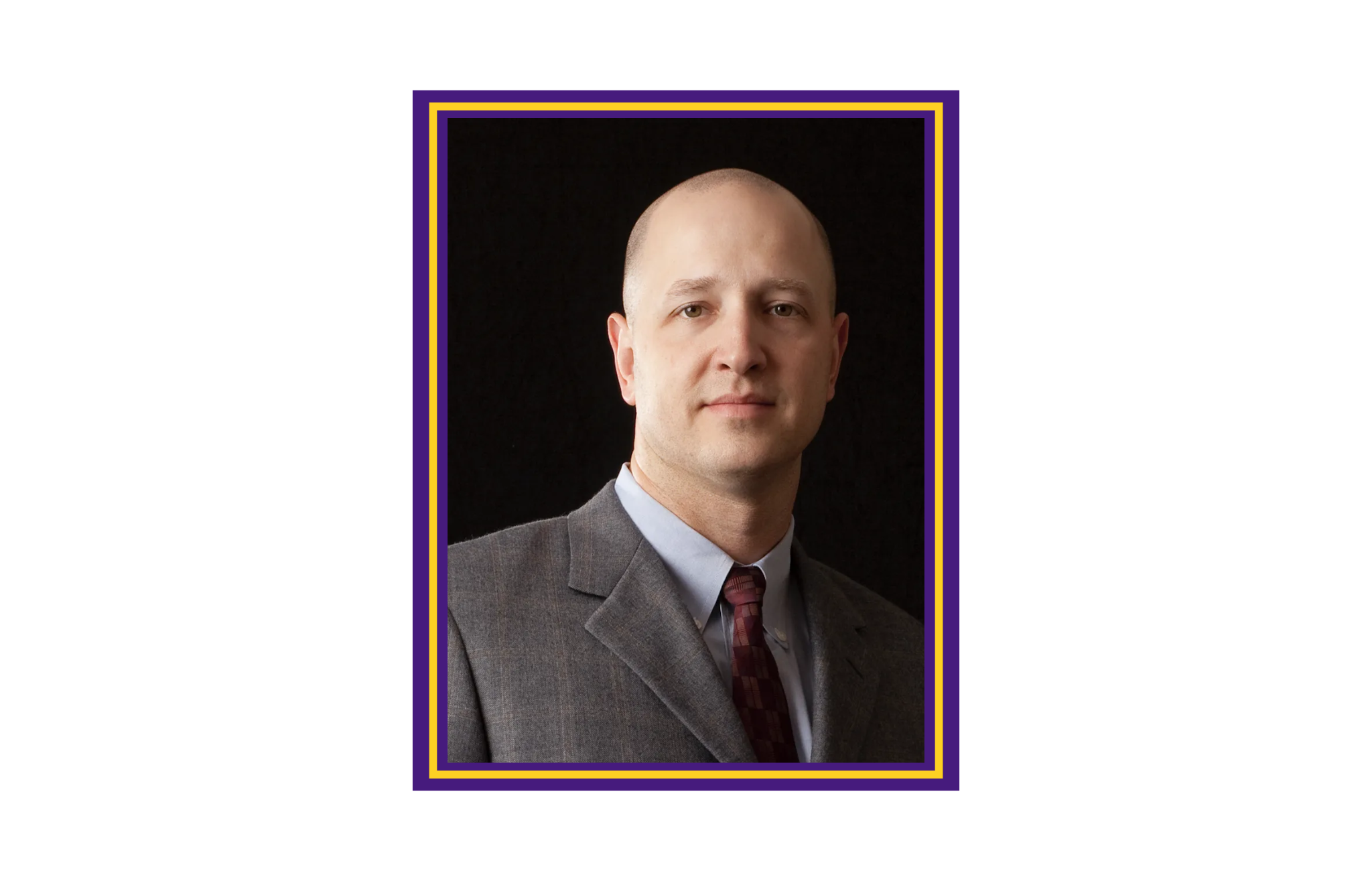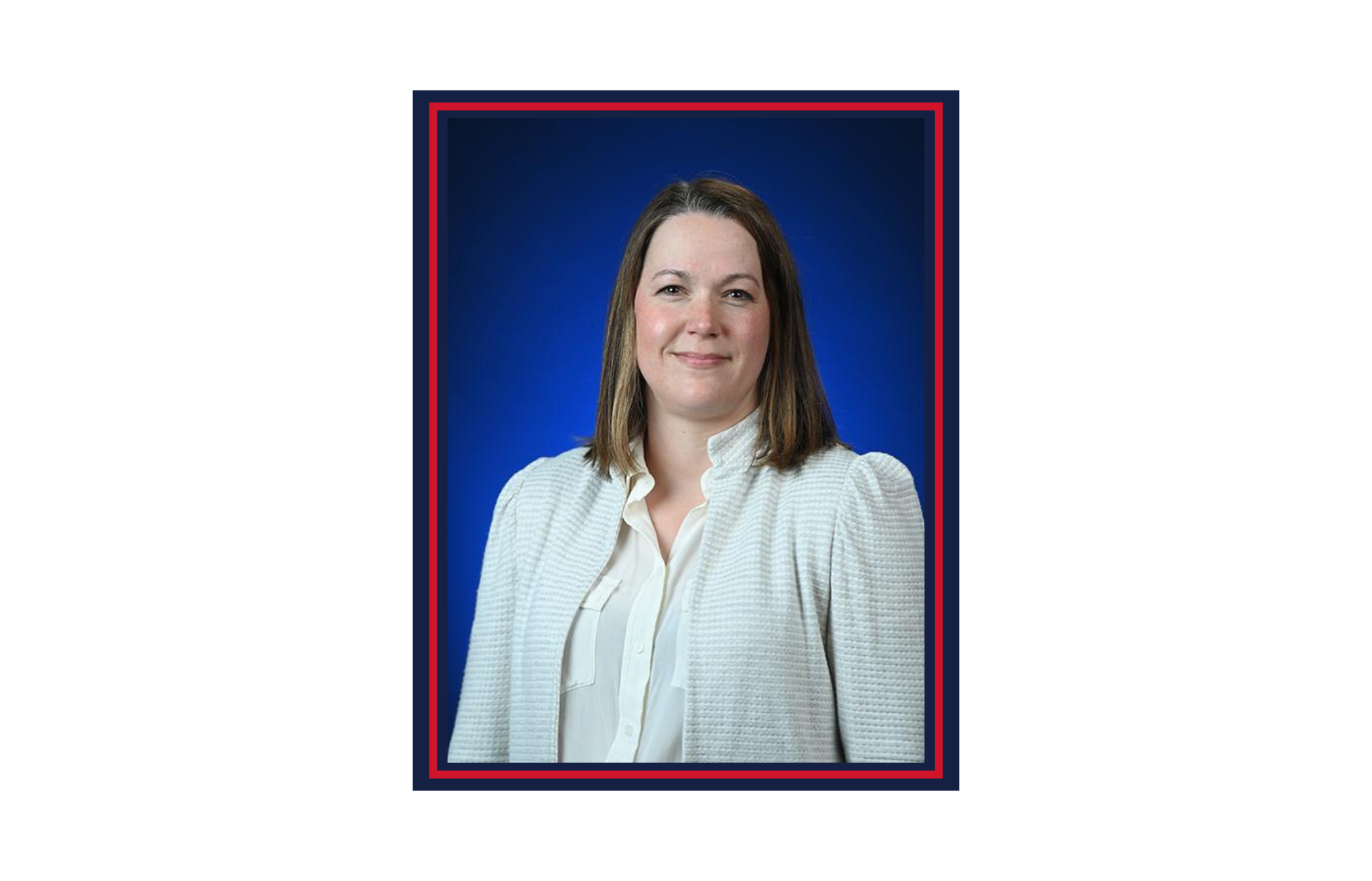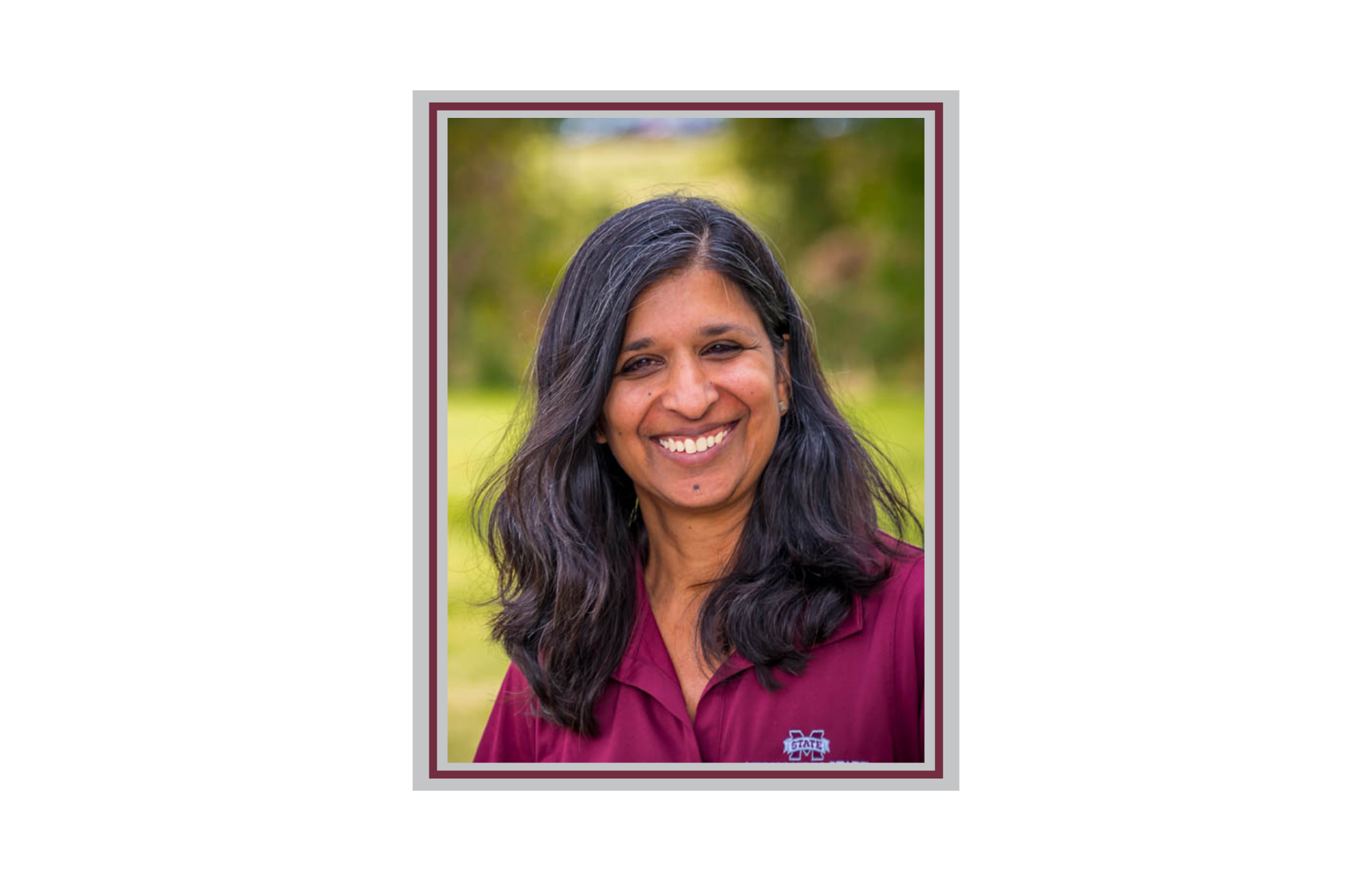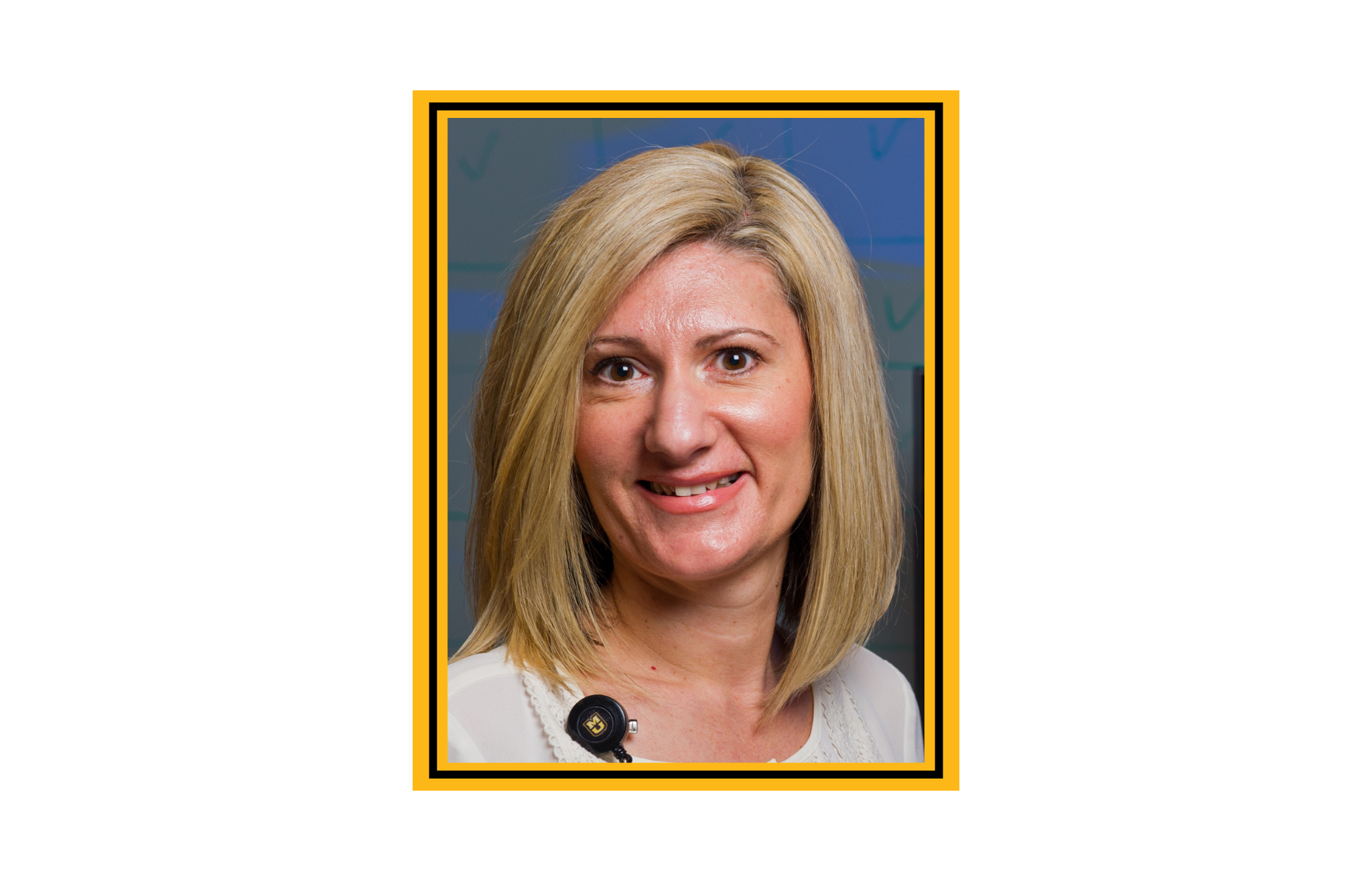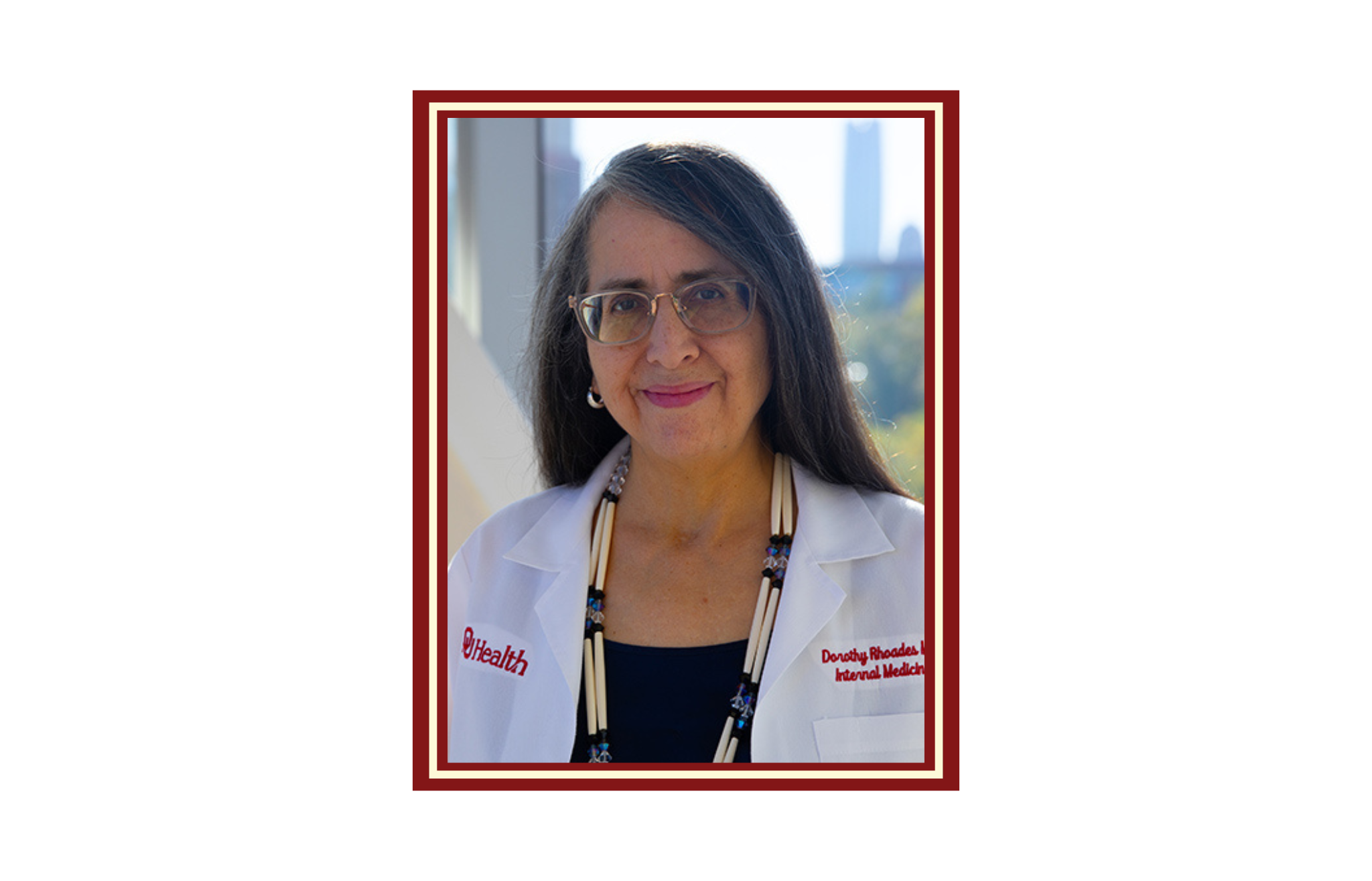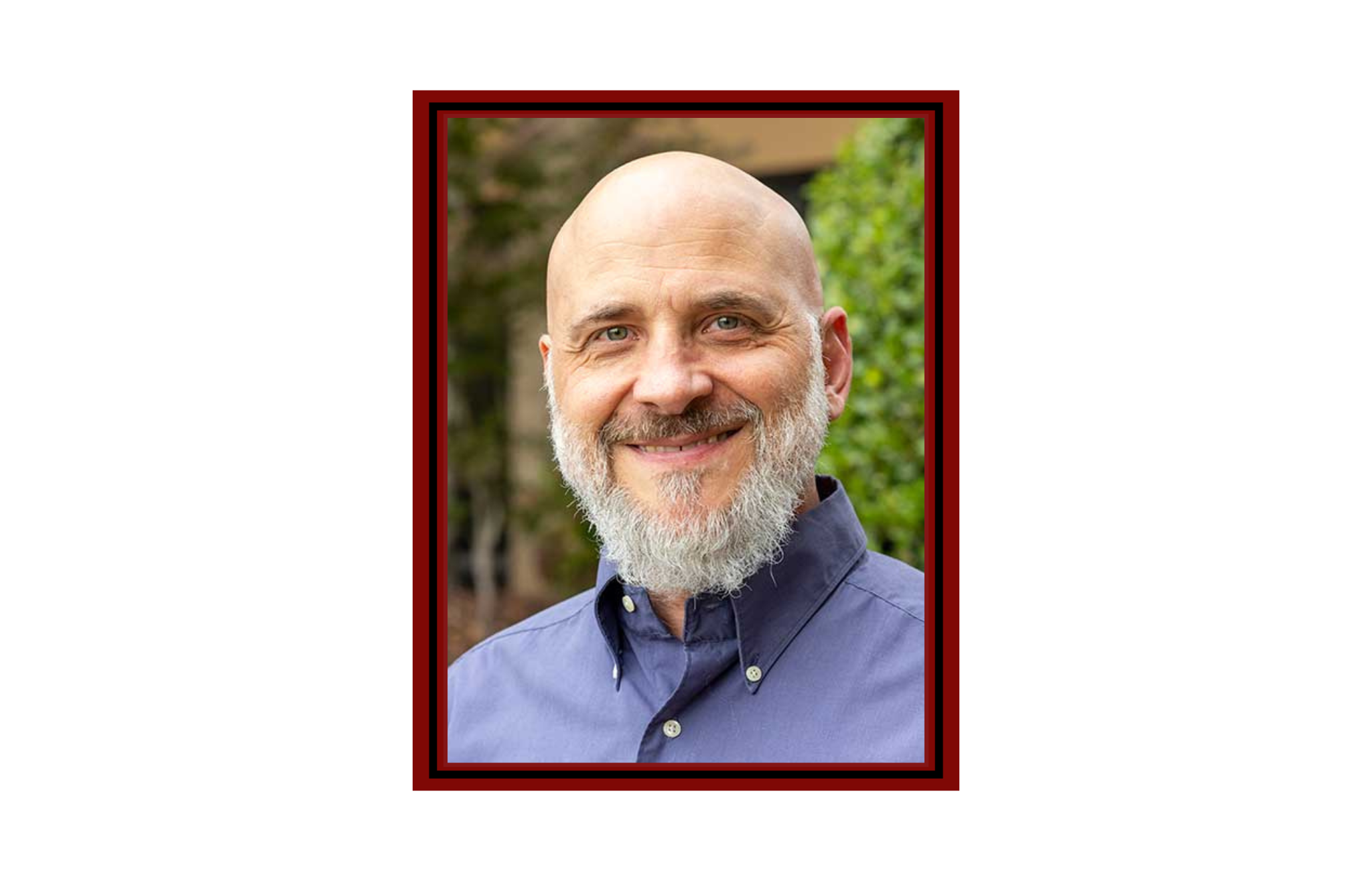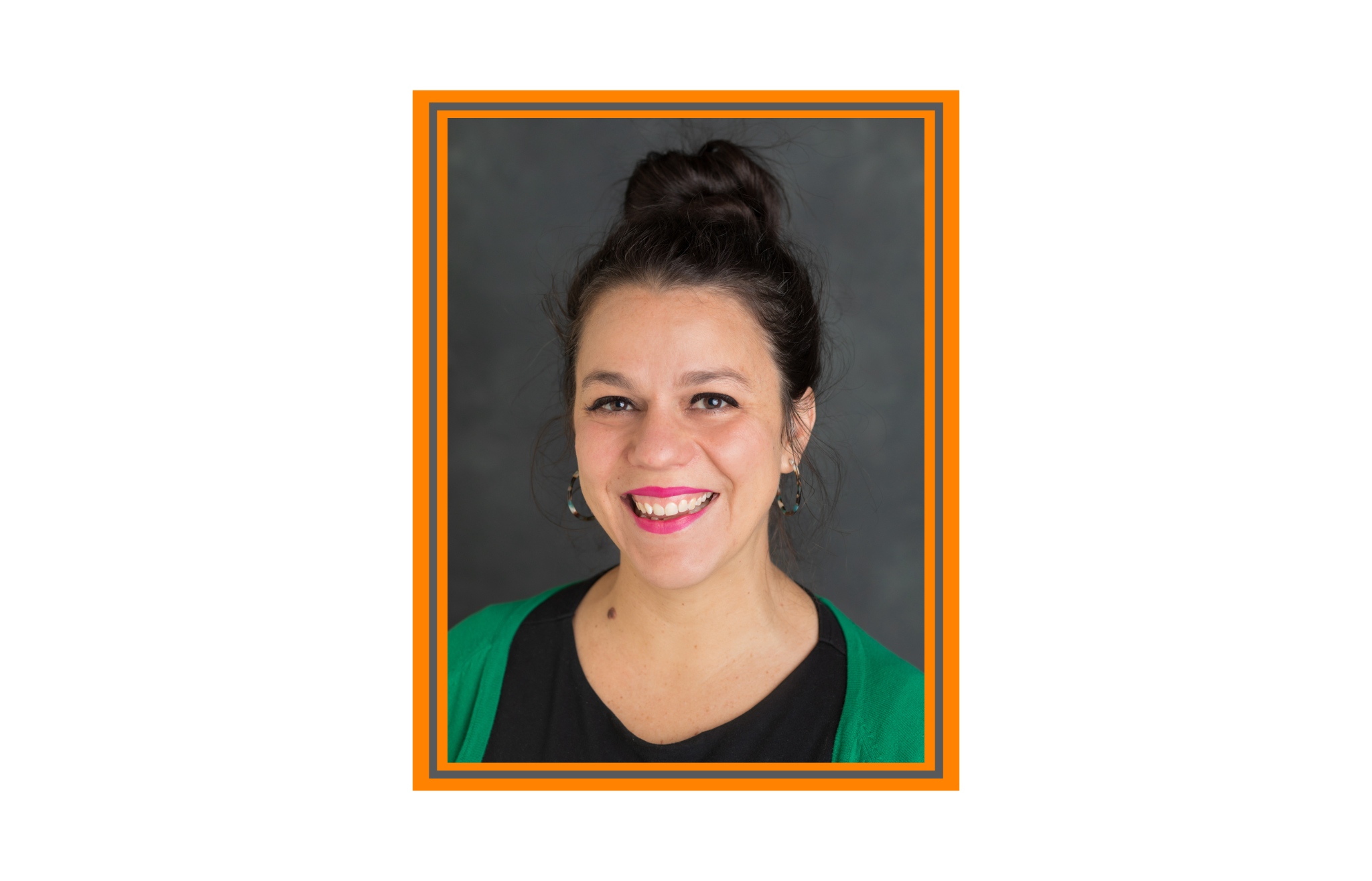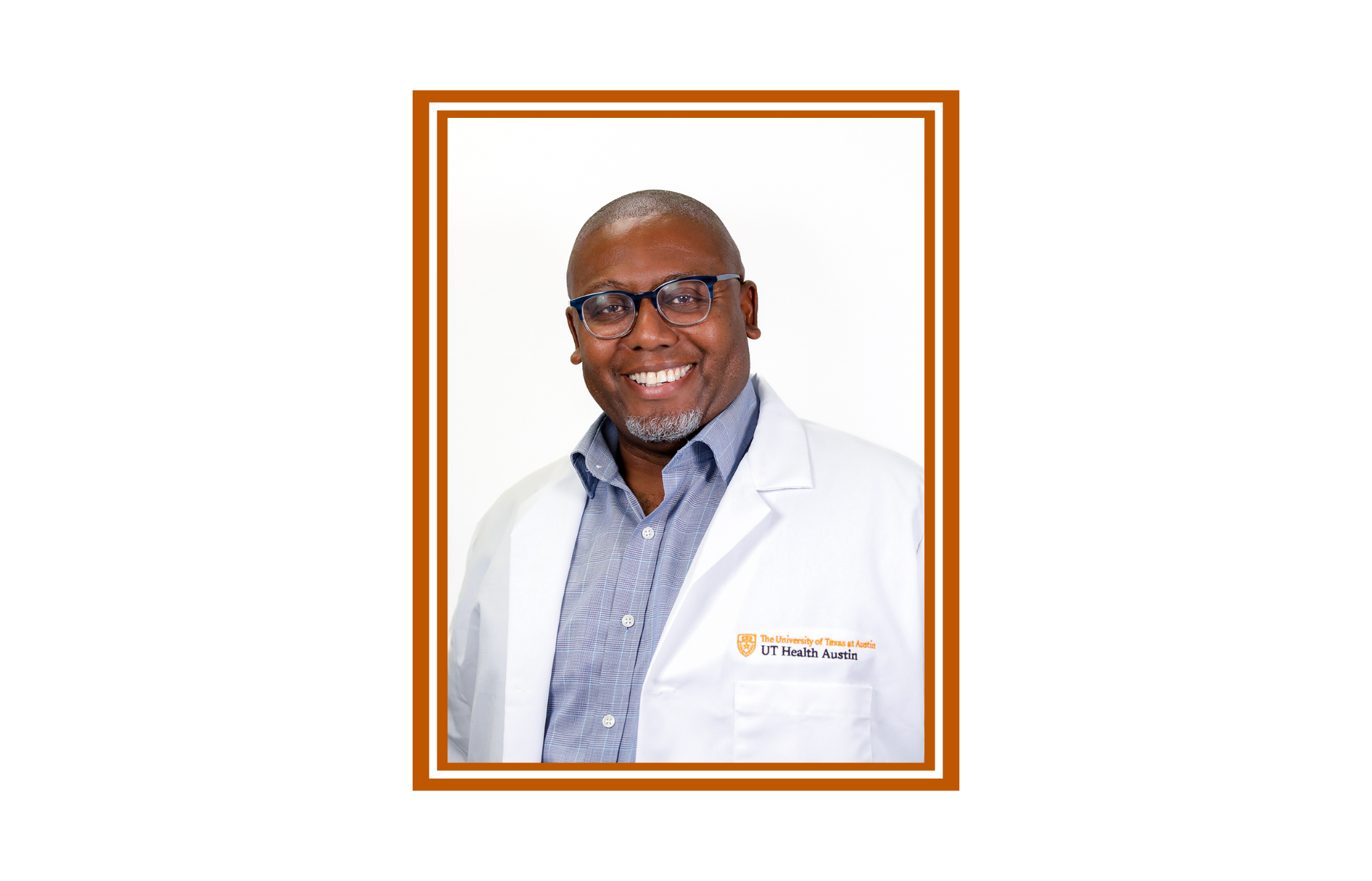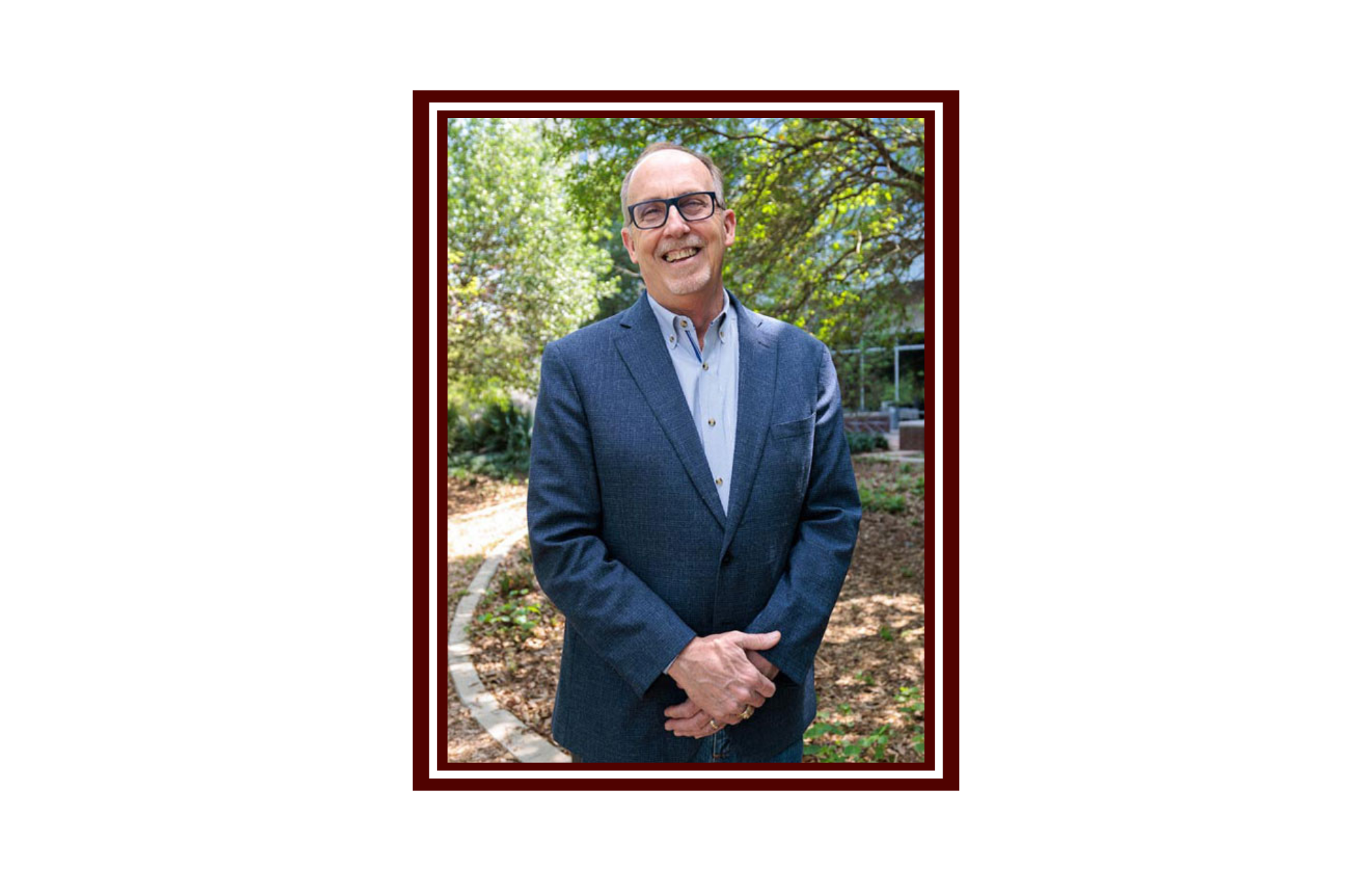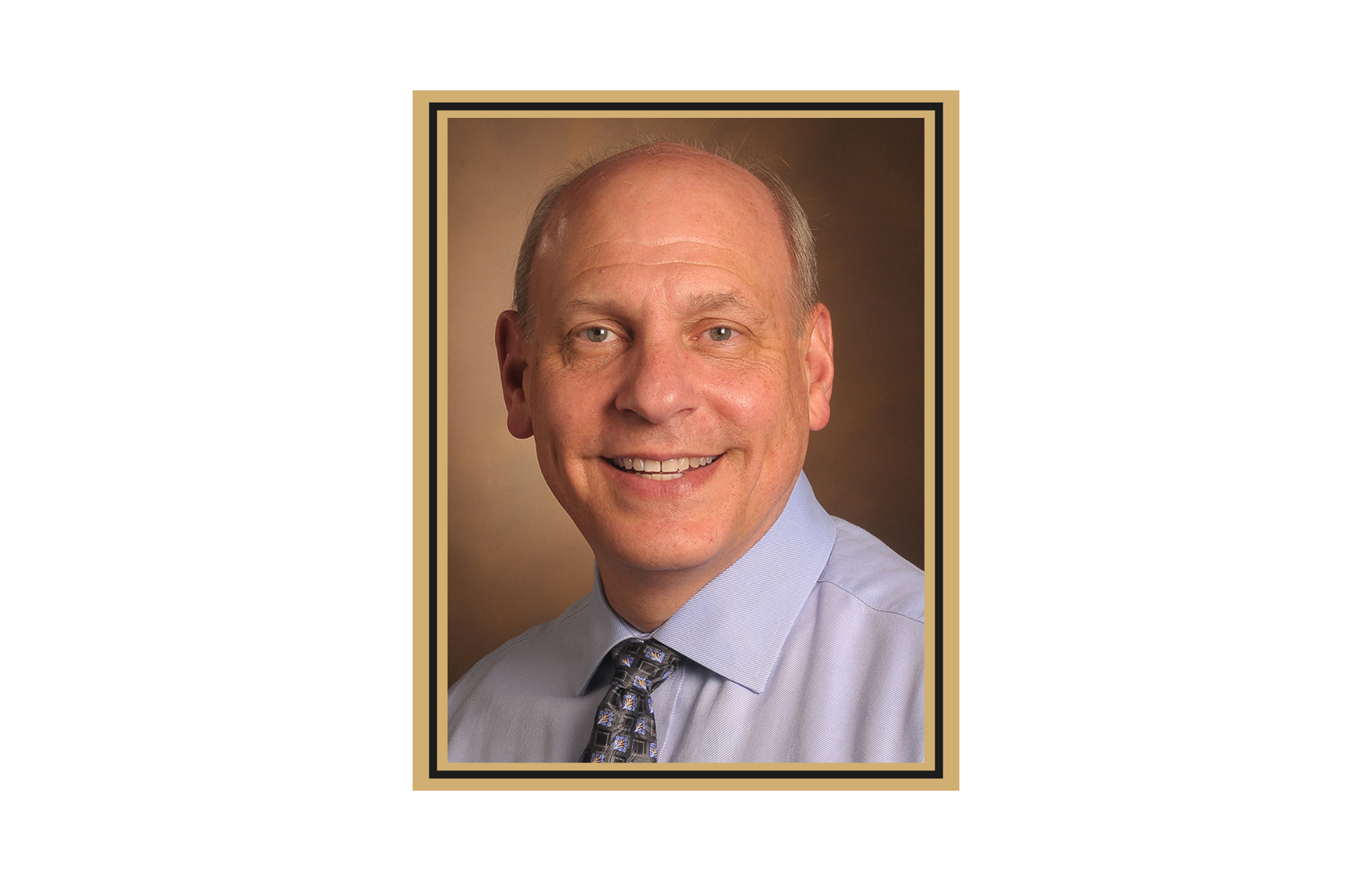SEC Faculty Tackle Today’s Health Challenges

Across the Southeastern Conference, faculty are driving medical breakthroughs, expanding access and addressing disparities to shape a healthier future.
The Southeastern Conference is home to more than athletic competition – it’s also a network of universities whose faculty are driving progress. Their research tackles some of today’s most urgent problems, including health care and factors affecting daily life. From training the next generation of providers to fighting diseases and addressing disparities in care, their expertise is improving lives throughout the region and beyond.
This collection highlights how SEC researchers are bringing those real medical solutions to life. Whether in laboratories, clinics or community partnerships, their work embodies the SEC’s commitment to making a transformative difference in the world.
University of Alabama
Dr. Drake Lavender is the director of Rural Programs with the College of Community Health Sciences. Lavender participated in some of the Rural Health Leaders Pipeline programs he now oversees as a youth and college student and was the first graduate of the Rural Medical Scholars Program. In collaboration with the UAB School of Dentistry, Lavender created the Rural Dental Scholars Program at UA.
University of Arkansas
Dr. Julian Fairey, associate professor in the College of Engineering at the University of Arkansas, researches the chemistry of drinking water disinfectants and environmental sampling. His work is focused on developing new technologies to reduce the risks posed by pollutants in sediments and drinking water and recently led the discovery of a new compound in chloraminated drinking water – something that’s consumed by more than 113 million people in the United States alone.
University of Auburn
Dr. Pengyu Chen, the Francis Family Associate Professor and Ginn Faculty Achievement Fellow in the Department of Materials Engineering at Auburn University, specializes in nanosensor technology for precision medicine. Backed by an NSF CAREER Award and further funding from the NIH, his research team is creating advanced diagnostic tools, such as AI-enhanced immune profiling and single-cell secretion mapping, that can detect multiple immune signals from just a single drop of blood. The National Science Foundation recently spotlighted Chen’s work in its Science Matters series, recognizing the real-world impact of his rapid, precise immunodiagnostics.
University of Florida
Dr. Aprinda Indahlastari Queen, an assistant professor in Clinical & Health Psychology at UF, is using AI and a form of brain stimulation, along with UF’s HiPerGator supercomputer, to study early cognitive changes in aging and dementia — with the potential to help prevent or delay the onset of Alzheimer’s disease.
University of Georgia
Dr. Henry Young, a clinical and administrative pharmacy professor, is part of the University of Georgia College of Pharmacy faculty that are working with local leaders to address chronic health conditions, like Type 2 diabetes. Young has co-led a groundbreaking initiative through the UGA Archway Partnership to bring the CDC’s Diabetes Prevention Program directly to the communities. Using churches as hubs and partnering with lifestyle coaches, the team fosters social support as participants form healthy habits together and tackle lifestyle barriers.
University of Kentucky
A team of researchers at the University of Kentucky have a new initiative to tackle one of Kentucky’s toughest public health challenges: diabetes in rural communities. The team is working to establish connections in rural and underdeveloped areas to address social needs like food insecurity, housing instability and limited transportation that often go unmet.
Dr. Mary Beth Lacy and Dr. Rachel Hogg-Graham in the University of Kentucky College of Public Health are leading the study titled “Leveraging community-clinical linkages to address unmet social needs for people with diabetes living in rural settings.”
Louisiana State University
LSU’s Healthy Aging Research Center, or HARC, is working to address the lack of care with Alzheimer’s disease and related dementias with the help of a five-year, $5 million Health Resources & Services Administration grant, which aims to improve the quality of integrated care in primary care settings for individuals and families — patients and care partners — living with ADRD.
The project, Louisiana-Mississippi Geriatric Workforce Enhancement Project, or LAMS-GWEP, is led by the center’s director Dr. Scott Wilks, the W.H. “Bill” LeBlanc LSU Alumni Association professor for the College of Human Sciences & Education’s School of Social Work.
University of Mississippi
A $5 million grant secured by the University of Mississippi's William Magee Institute for Student Wellbeing is helping the School of Pharmacy tackle addiction stigma in Mississippi’s health care system.
Dr. Meagen Rosenthal, director of the Community First Research Center for Wellbeing and Creative Achievement and associate professor in the Department of Pharmacy Administration, is the project's principal investigator. The grant is funding work related to substance use disorder, with the goal of reducing drug use across Mississippi, particularly among adolescents.
Mississippi State University
Dr. Rahel Mathews, assistant professor in the College of Agriculture and Life Sciences at Mississippi State University, conducts research to tackle pressing issues of food insecurity, nutrition, and health disparities, generating evidence that informs public health solutions and strengthens community food systems. She teaches undergraduate and graduate courses, applies innovative strategies like guided notes and community-based learning, and mentors students at all levels.
University of Missouri
Patients in rural and underserved areas often face long waits or long drives to get the care they need. Dr. Mirna Becevic, an assistant professor at the University of Missouri, is helping to close that gap by using telehealth to bring early screening, timely diagnosis and specialty expertise directly to local communities.
Becevic leads a team of researchers who were recently awarded a Federal HRSA Telehealth Focused Rural Health Research Grant that will use Medicaid telehealth claims, remote patient monitoring data and the Show-Me ECHO program to develop tools to evaluate, optimize and inform rural telehealth delivery. The research is being conducted in partnership with the University of Mississippi Medical Center and Michigan State University.
University of Oklahoma
Through a five-year, $17.2 million NIH grant, OU College of Medicine Professor Dr. Dorothy Rhoades is leading an effort to partner with tribal nations and communities to improve cancer outcomes.
Research has shown that the American Indian and Alaska Native population in Oklahoma experiences a 36% higher incidence of cancer and a 73% higher death rate from cancer than faced by the U.S. general population. This effort will leverage research strategies to address three priorities identified by tribal communities in Oklahoma: cancer prevention, cancer screening and cancer care coordination.
University of South Carolina
Dr. Kevin Bennett is a Professor of Family & Preventive Medicine at the University of South Carolina School of Medicine in Columbia. He serves as the Director of the South Carolina Center for Rural and Primary Healthcare and as the immediate past president of the National Rural Health Association.
His work focuses on improving healthcare delivery for underserved communities, particularly in rural areas, while examining the influence of national, state, or local policies and legislation on these populations. He has worked extensively with community groups, rural health networks, healthcare systems, and state agencies to pioneer and assess innovative care delivery programs.
University of Tennessee
At the University of Tennessee, Assistant Professor Dr. Patricia Roberson, a family scientist in the College of Nursing, has been working alongside the College of Medicine and UT Medical Center since 2020 to help those living with breast cancer and diabetes in rural Appalachia. Her research explores how factors such as family support and stress are linked to both good and bad patient health outcomes.
The University of Texas at Austin
Dr. Dave Clark, professor of neurology and pediatrics at Dell Medical School, and his team aim to bring high-level epilepsy care within reach for providers regardless of where they're located in proximity to high-level care centers. In Austin, families have access to the Comprehensive Pediatric Epilepsy Program where they can find answers and treatment close to home. Clark leads the center, which is dedicated to improving care for children throughout Central Texas, while also reshaping how epilepsy is managed worldwide.
Texas A&M University
Curtis Donaldson, director of Rural Medicine Outreach at the College of Medicine and director of community engagement in rural Texas for Texas A&M, helped start a partnership with student-run organization BUILD and others to bring a medical clinic to Sarita, Texas, through a 40-foot shipping container.
Each clinic contains a waiting room, a laboratory test room and a private treatment area, and is outfitted with donated surplus medical equipment and supplies to be ready for a vast array of medical needs. Small but mighty, the containers, called Texas Aggie Medical Clinics (TAMCs), are making a huge difference in rural areas in the U.S. and abroad.
Vanderbilt University
Crucial research by Dr. Neil Osheroff, John G. Coniglio Chair in Biochemistry at Vanderbilt University, and his lab led to the approval of the first new class of antibacterial drugs in decades. Osheroff’s lab played a key role in creating an antibacterial drug to treat uncomplicated urinary tract infections (uUTIs) in adolescent and adult females.
Whether advancing health care, fostering economic development or addressing environmental sustainability, SEC universities are dedicated to serving society. By leveraging their academic strengths and collaborative spirit, SEC universities are not just shaping the future for their students—they are driving change that benefits us all.
Learn more about their collective and individual impact.
This content was paid for and created by the Southeastern Conference. The editorial staff of The Chronicle had no role in its preparation. Find out more about paid content.




